Download live wallpaper aurora 1.0.1 APK Android Live Wallpaper for free to your Android phone
Download Live Wallpaper (APK)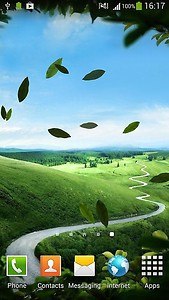 Nature Live Wallpaper
Nature Live Wallpaper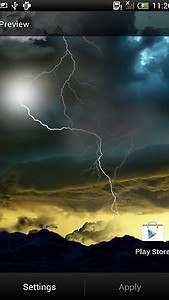 Thunderstorm Live Wallpaper
Thunderstorm Live Wallpaper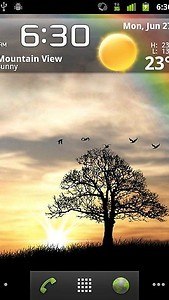 Sun Rise Free Live Wallpaper
Sun Rise Free Live Wallpaper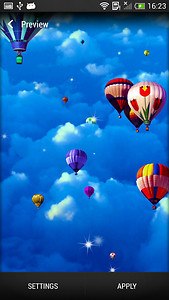 Balloons Live Wallpaper
Balloons Live Wallpaper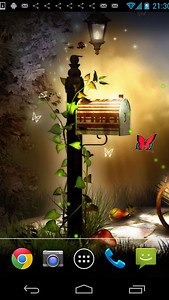 FireFly Live Wallpaper
FireFly Live Wallpaper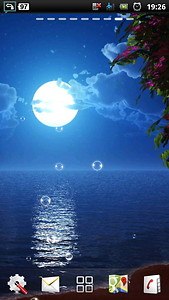 moon beach at night LWP
moon beach at night LWP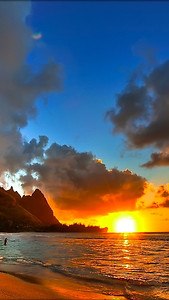 Sunrise Live Wallpaper
Sunrise Live Wallpaper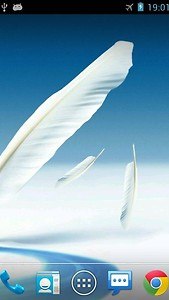 Feather Live Wallpaper
Feather Live Wallpaper Bubble Live Wallpaper
Bubble Live Wallpaper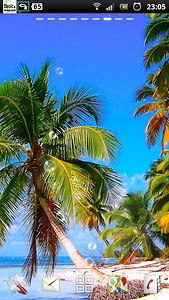 Caribbean Beach Shore LWP
Caribbean Beach Shore LWP Sun Rise Free Live Wallpaper
Sun Rise Free Live Wallpaper Feather Live Wallpaper
Feather Live Wallpaper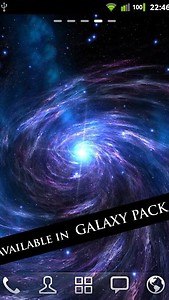 Ice Galaxy
Ice Galaxy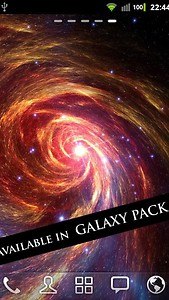 Inferno Galaxy
Inferno Galaxy Blue Skies Free Live Wallpaper
Blue Skies Free Live Wallpaper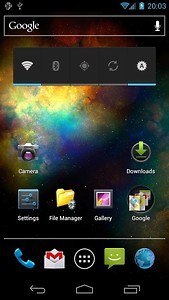 Vortex Galaxy
Vortex Galaxy Dolphin Live Wallpaper
Dolphin Live Wallpaper Nature Live Wallpaper
Nature Live Wallpaper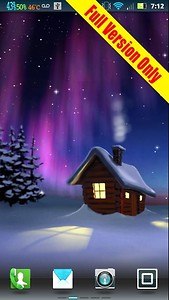 Northern Lights FREE (Aurora)
Northern Lights FREE (Aurora)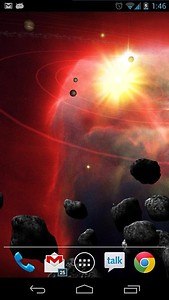 Asteroid Belt Free L Wallpaper
Asteroid Belt Free L Wallpaper
↓ 32